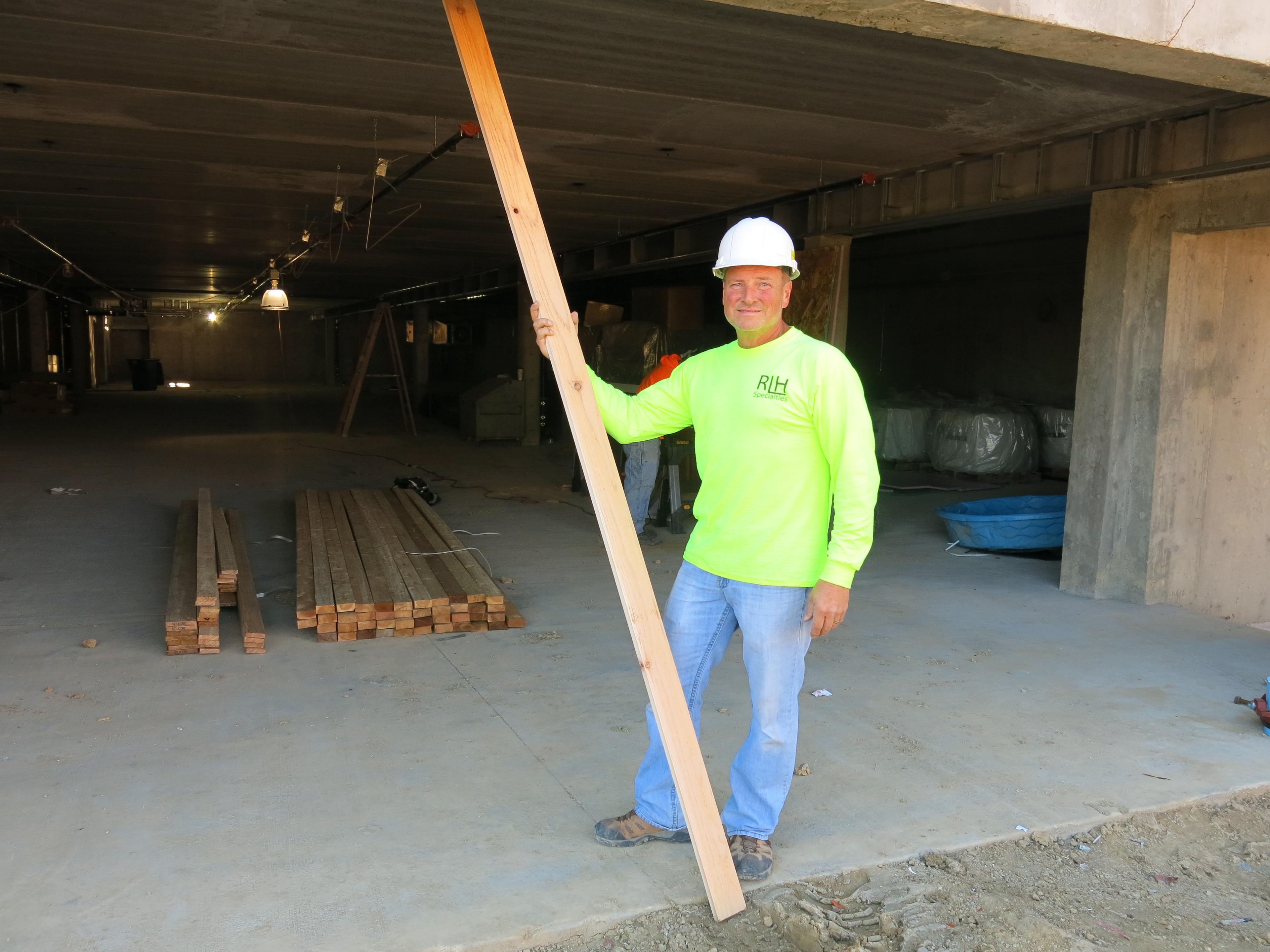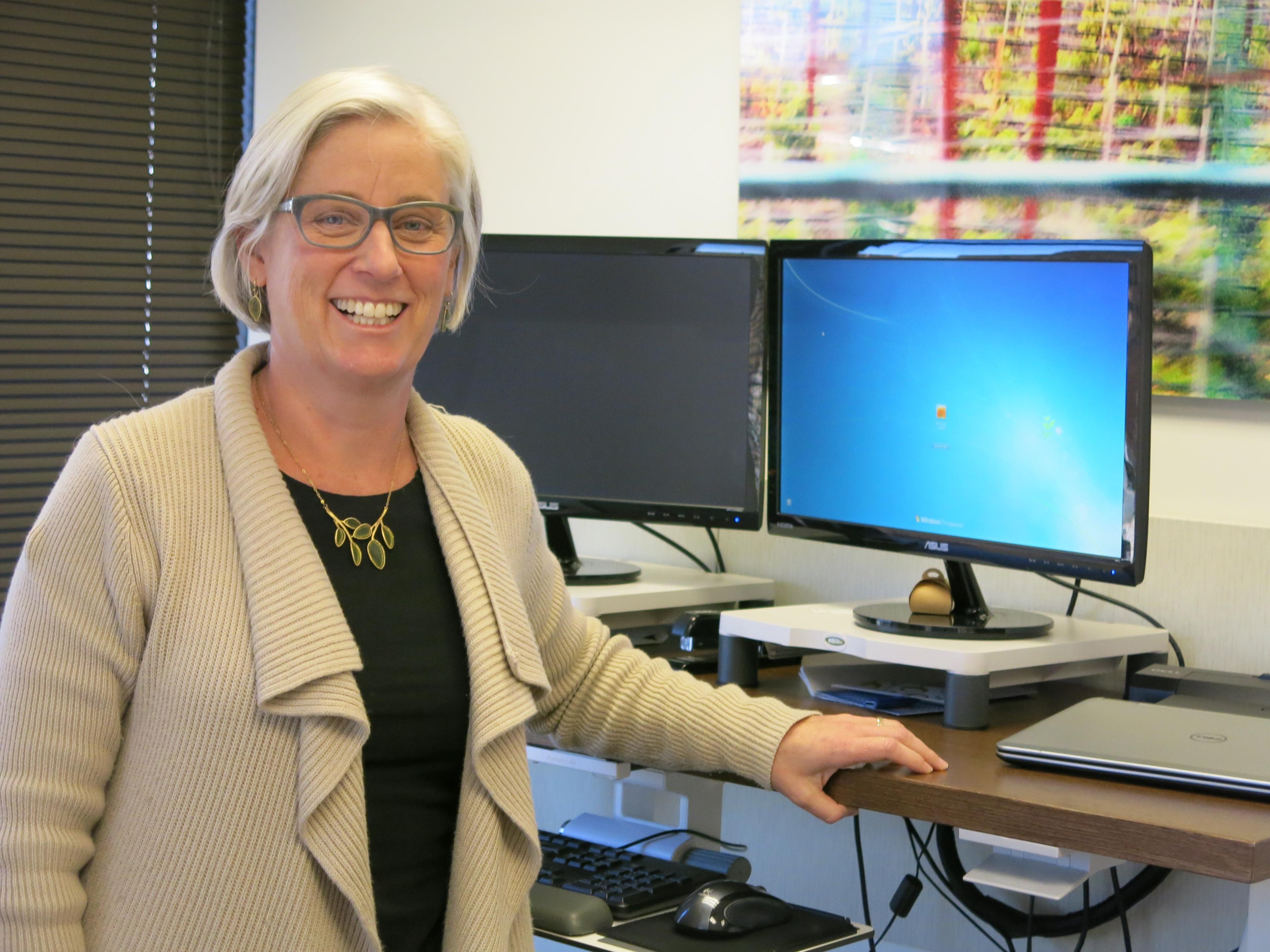
- Policy Holders Blindsided By Insurer HealthOP’s Failure
- After Co-Op Folds, What Consumers Need To Know
Two of those left in the lurch are Rick Heitman and his wife Letha. At their home in Centennial, they look over a four-page summary of new plans. They're not happy they have to leave the coop, Rick Heitman said.
"I owe them for taking care of me," said Rick Heitman, who's receiving treatment for aggressive prostate cancer. "They helped me at a time when I needed it a lot."
Letha Heitman handles their insurance, but signing up for insurance again when they hadn't expected it is a considerable task. "Where do I begin?" she said, faced with the task of having to weigh the costs of new plans and figure out if Rick's cancer doctor, his primary care doctor and his cancer center are part of an insurer's network.

"We actually feel that this will be a smooth transition," said the organization's CEO Kevin Patterson, "even with what is a tectonic change in the healthcare insurance market."
That tectonic change comes because last year the competitively priced coop captured 40 percent of the exchange's individual market. Patterson said his staff are reaching out to HealthOP customers to help them navigate other available options. He expects 75 percent of them will sign up.
"Even though it's not their choice that they have to pick a new plan, our mission is the same," said Patterson. "We help people make decisions on getting health insurance."

"If it's an all-you-can-eat buffet, we took a plate of everything," Lueck said.
The state expanded Medicaid, built its own exchange, started its own cooperative, and won federal innovation grants. It cut its uninsured rate in half, but in taking on so much reform, she said it's not surprising some efforts might falter. Still, she believes the insurance market can handle enrolling the co-op’s old members who, she said, make up a small fraction of the market in the entire state.
"There's no question that the market will be able to absorb those lives," Lueck said. "Consumers have a lot of choice." But she said they won't be able to count on the same competitive pricing the co-op offered. "There's no doubt that they will see cost increases when they look at different plans on the exchange or elsewhere."
As of now it’s unclear how much those cost increases will be for the average co-op customer. However, the co-op had planned on increasing its premiums by 20 percent next year.
Letha Heitman said she and her husband paid about $500 a month for coverage through the co-op. Next year, it could be anywhere from $850 to $1,700 a month.
"That's a big owie," she said. But it’s the price the couple will pay to keep Rick with the doctors who’ve treated his cancer so far.
"Without a doubt, we will be paying much more money to have them," Letha Heitman said.
With Rick’s cancer treatment continuing, the Heitmans want to make sure their coverage is in place for the first of next year. They plan to make a decision soon to beat the last minute rush.
Open enrollment started Nov. 1. To insure they have coverage for the start of 2016, customers are being urged to pick a plan by Dec. 15.








